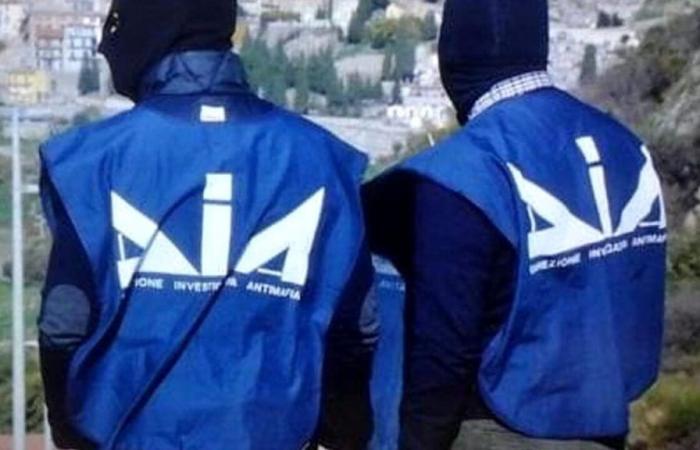
Abruzzo has no indigenous mafia phenomena, but it is far from a happy island free from organized crime. It is one of the most relevant data that emerges from the report on the activity carried out and the results achieved by the Dia (Anti-Mafia Investigation Directorate) in the period between January and June 2023, presented to the Chamber of Deputies by the Minister of the Interior Matteo Piantedosi.
An analysis that starts from the awareness that organized crime in Italy is constantly changing, as it adapts to socio-economic contexts, looking increasingly at the business sector. Therefore, fewer and fewer sensational violent actions – although, as noted in the introductory part of the report on Dia operations, “the use of violence is increasingly residual, but never repudiated” – but rather strategies of silent infiltration and corruptive actions. Today, the mafias aim for business, thanks to the generous availability of capital deriving from traditional illicit activities.
Abruzzo
As mentioned, in Abruzzo there are no indigenous mafia phenomena, contrary to what happens in other southern regions. But the geographical position exposes the territory to the criminal influence of groups rooted in the neighboring regions, Puglia and Campania in particular. Furthermore, according to the Dia’s investigative activities, organizations of Calabrian origin have also recently turned their gaze towards our region.
In recent years, investigative activities have documented the presence of criminal groups composed mainly of Albanians and North Africans and of Roma ethnic families, who over time have become settled not only along the coastal strip, but also in the hinterland, where they are the subject of investigations regarding drugs and usury. This is not a reassuring phenomenon, defined in the Dia report as “the only one potentially capable of evolving into more complex forms of organized crime”.
In the map of organized crime, Abruzzo is divided into two macro-areas: the coastal one, where exponents of the Apulian, Calabrian, Campania, Roma ethnic groups and also foreigners, in particular Albanians, operate; the internal Apennine area, more exposed to phenomena of infiltration into the economic fabric by criminal projections from Lazio and Campania.
In the internal areas, again according to what has been ascertained by the Anti-Mafia Investigation Directorate, criminals of North African origin, mainly dedicated to drug dealing, and of the Roma ethnic group, are operating, involved in phenomena of usury.
The province of Chieti
The Chieti area, by virtue of its geographical proximity, is exposed to infiltration attempts by criminal organizations from Foggia, in particular from the Gargano and San Severo areas. Cited as an example is the ban issued by the prefecture of Chieti in the first months of 2022, against an individual company in the agricultural sector interested in granting state land to obtain European contributions. The owner, originally from Foggiano, is believed to be close to a criminal family that operates in the Gargano area.
Another investigative activity concluded at the beginning of 2022 would have ascertained a significant presence of criminal groups composed of individuals of Albanian nationality, particularly active in the narcotics sector. In particular, the Dia report mentions the operation completed last semester by the Carabinieri and the Financial Police, which allegedly ascertained the presence in the Vasto area of a criminal organization made up mainly of Albanians, dedicated to drug trafficking and extortion activities also carried out with the use of violence and weapons. The group was apparently involved in the sale of large quantities of cocaine and heroin, coming from Calabrian channels, in particular through relationships with exponents of the ‘ndrine operating in the Vibo Valentia area, as well as Emilia Romagna, Puglia and Abruzzo.
Receive ChietiToday news on Whatsapp





